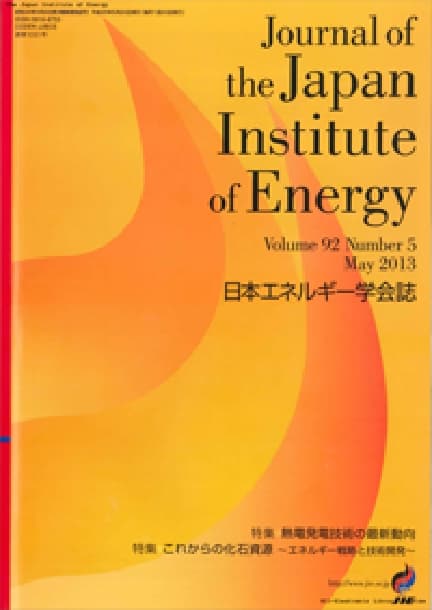Economic and Environmental Effects of Utilizing Unused Woody Biomass
Satoshi NAKANO, Akito MURANO, Ayu WASHIZU
pp. 522-531
DOI:
10.3775/jie.94.522Abstract
We calculate the amount of output, employment, energy consumption, and CO2 emissions induced by constructing and operating a power plant fueled by unused woody biomass. To do this, we use an input-output table developed to analyze the effects of introducing renewable energy sources. The results show that the power plant can increase the output of and employment in the forestry industry and can reduce economy-wide CO2 emissions. Because the income of the forestry industry would increase, operating such a power plant may result in preservation of nearby forests. We also estimate the amount of public benefit obtained from preserving that area.
Readers Who Read This Article Also Read
Journal of the Japan Institute of Energy Vol.95(2016), No.9
Journal of the Japan Institute of Energy Vol.93(2014), No.12
Journal of the Japan Institute of Energy Vol.95(2016), No.4










